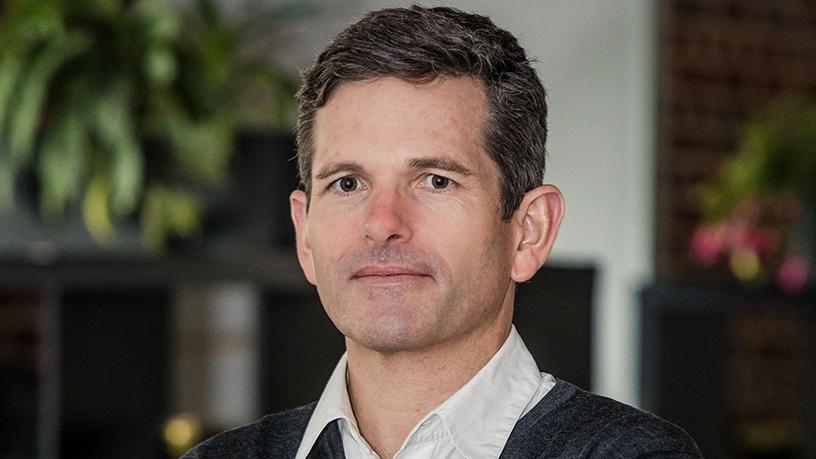
The ixo Foundation has partnered with the Seneca Park Zoo Society to measure impact for global conservation projects using blockchain technology.
The non-profit open source software development organisation is founded by a South African medical doctor.
The ixo Foundation created an open source protocol, using blockchain technology, which allows any individual or organisation to create an 'impact claim' (which could range from planting 100 trees, to administering 5 000 vaccinations).
Once a claim is created, it is evaluated by a human evaluator or a dataset and that creates a verified impact claim. This is essentially proof that can be used to access funding like social impact bonds, government subsidies and other 'pay-for-success' funding models.
The first collaboration between the ixo Foundation and the Seneca Park Zoo Society, which is based in upstate New York, will be used to record insect and animal life regeneration in Madagascar reforestation.
The Seneca Park Zoo Society is working on the island with Stony Brook University to test the effectiveness of cutting-edge sensors in measuring ecosystem health within regenerated forests.
These sensors will be connected to the ixo Foundation's 'Blockchain for Impact' to collect and verify data. Once 'impact tokens' have been created, they will be able to use them to apply for funding with verified proof of impact.
The Seneca Park Zoo Society is the private, non-profit partner to Seneca Park Zoo, an accredited member of the Association of Zoos and Aquariums (AZA) in the US. Collectively, AZA zoos and aquariums invest more than $250 million (around R3.2 billion) annually in international conservation efforts.
"Our partnership with Seneca Park Zoo Society is a proof of concept, showing how all manner of conservation projects can record the impact they are having. By utilising the ixo Blockchain for Impact, they will be able to record evidence of change as verified impact data, which demonstrates what counts for sustainable social, environmental and economic development," says Dr Shaun Conway, founder and president of ixo Foundation Council.
"Working with the ixo Foundation will allow zoo stakeholders to see our conservation projects like never before. They will be able to observe progress and impact of our various programmes through using an immutable blockchain as evidence of impact," says Tom Snyder, director of programming and conservation action at Seneca Park Zoo Society.
"We will use this data to grow the fundraising and public education potential of zoos and aquariums, reinforcing the value of zoos to our communities. We look forward to our first collaboration in Madagascar, which will allow us to measure the positive impact of renewed forests through biodiversity measurements and increased human health using the ixo Blockchain for Impact."
There will be further collaboration between the organisations to measure impact for global conservation projects and develop funding flows for zoos and aquariums.
South African Conway worked as a medical doctor and advisor for many years and came up with the idea for the ixo Foundation protocol when he saw and experienced how difficult it was to plan projects because of the lack of data.
The ixo Foundation plans to create a verified database, over the next 13 years, of all the small and large targets hit to achieve the goals set out by the United Nations Sustainable Development Goals in 2015.
These goals aim to end poverty, protect the planet, and ensure prosperity for all by 2030.
The technology created by the ixo Foundation has already been demonstrated in SA in a project called Amply. It aims to replace an existing paper-based system to track attendance in rural schools across SA, with a mobile app that allows teachers to make impact claims on the ixo protocol. Attendance records are needed for a government-funded pre-school subsidy.
Previously, teachers had to take attendance on paper, file the document, and then someone would have to fill out a series of forms to claim funding. Recording on paper means records could be misplaced, or tampered with.
Since November 2016, Amply has been used in 77 schools across the country and has collected nearly 55 000 attendance records, and saved teachers 4 000 man hours a month.
Share